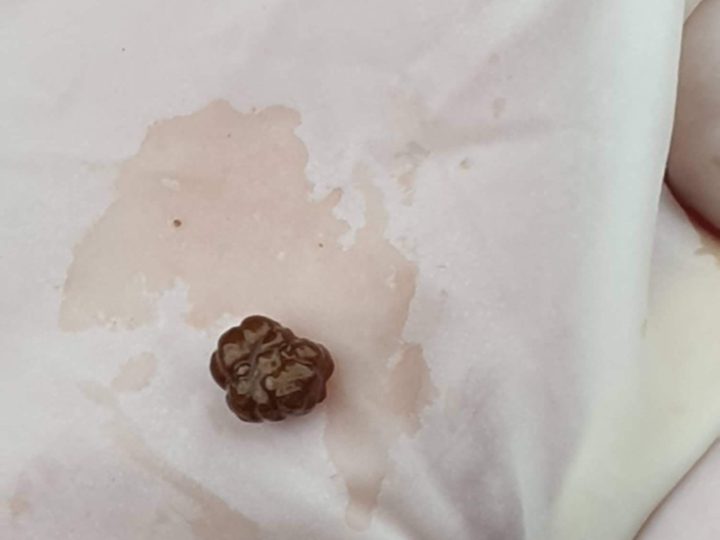
Mastering the Final Countdown: Essential Care Tips for Ewes Prior to Lambing in New Zealand
As lambing season approaches in New Zealand, sheep farmers must ensure that their pregnant ewes receive optimal care to ensure the health and well-being of both the ewes and their lambs. The month leading up to lambing is a critical period where careful attention to nutrition, health, and environmental conditions can significantly impact the success of lambing. In this article, we’ll outline essential guidelines for looking after pregnant ewes during this crucial period.
- Nutrition: Adequate nutrition is essential for the health of pregnant ewes and the development of healthy lambs. During the last month of pregnancy, ewes have increased energy and nutrient requirements to support fetal growth and prepare for lactation. It’s crucial to provide a balanced diet rich in protein, energy, vitamins, and minerals. High-quality pasture supplemented with safe, grain-free feeds, such as meadow hay, grass silage, lucerne and lupins, can help meet these nutritional needs. The old farmer’s myth of restricting feed leading up to lambing is severely outdated and can cause ewes to become ketotic, which can lead to the death of both lambs and ewe. Ideally, preparing lambing paddocks early by locking them up to allow adequate grass growth (grass should reach ankle height) and rotating lambing paddocks (not lambing in the same paddocks each year) is good practice. Ensure access to fresh, clean water at all times, as dehydration can lead to complications during lambing.
- Body Condition Scoring (BCS): Regular body condition scoring allows owners to monitor the nutritional status of pregnant ewes and adjust feeding accordingly. Aim to maintain ewes at a BCS of 3.0 to 3.5 during late pregnancy, as ewes with insufficient body condition may have difficulty lambing and providing adequate milk for their lambs. Equally, sheep that are overweight may also run into lambing difficulties. However, the last trimester of their pregnancy is not the time to try to diet them!
- Healthcare: Schedule a pre-lambing health check for all pregnant ewes to identify and address any potential health issues before lambing. This check should include vaccinations (ensures antibodies are produced in the colostrum for lambs), parasite control (reduce parasite load on pasture before lambs arrive), and treatments for any existing conditions. A simple blood test performed during the health check can assess for ketosis and the need for adjustments in feeding schedules.
- Shelter: Provide adequate shelter for pregnant ewes, especially during adverse weather conditions. Shelter helps protect ewes from harsh weather elements and reduces stress, which is crucial for ensuring successful lambing.
- Monitoring: Monitor pregnant ewes closely for signs of impending labor, such as restlessness, nesting behavior, and separation from the flock. Keep a watchful eye on ewes during the night, as many lambs are born during this time. Promptly intervene if any complications arise during labor, such as dystocia (difficult birth), and call the team at The Lifestyle Vet if unsure. We are available day and night, see our contact details below.
- Record Keeping: Maintain accurate records of each ewe’s breeding history, health status, and lambing dates. This information is valuable for making informed management decisions and tracking the performance of individual ewes and the flock as a whole.
- Minimize Stress: Minimize stressors that can disrupt ewe behavior and impact lambing outcomes. Avoid unnecessary handling or transportation of pregnant ewes, as this can cause undue stress and increase the risk of pregnancy complications.
- Prepare Lambing Equipment: Ensure that your lambing kit is clean, well-equipped, and ready for use before the onset of lambing. For more information on what you need in your lambing kit, touch base with the team at The Lifestyle Vet. We have ready-made kits to purchase.
By following these guidelines and providing attentive care to pregnant ewes in the month before lambing, New Zealand commercial and lifestyle block farmers can maximize lambing success rates, promote the health and welfare of their flocks, and ultimately, ensure a prosperous lambing season.
Remember that each ewe is unique, so it’s essential to tailor management practices to meet the individual needs of the flock and address any specific challenges that may arise.
Call The Lifestyle Vet to book in your ewes for their pre-lambing health checks.




